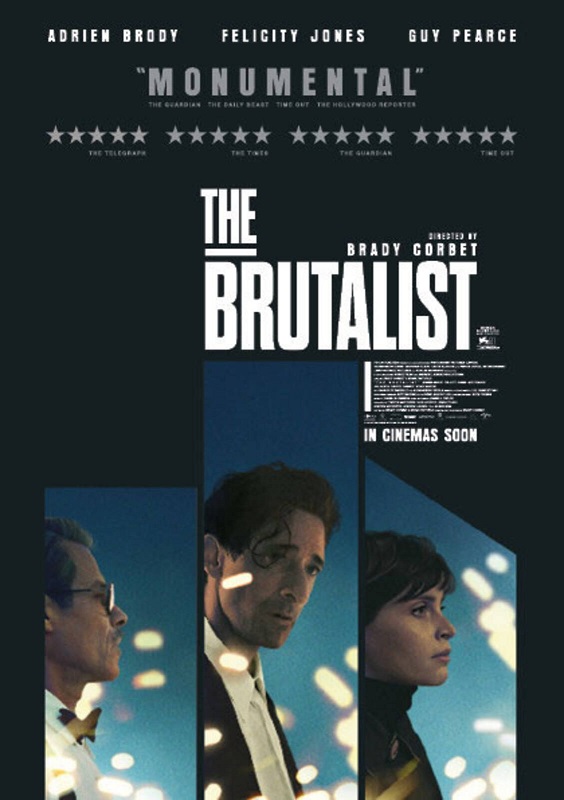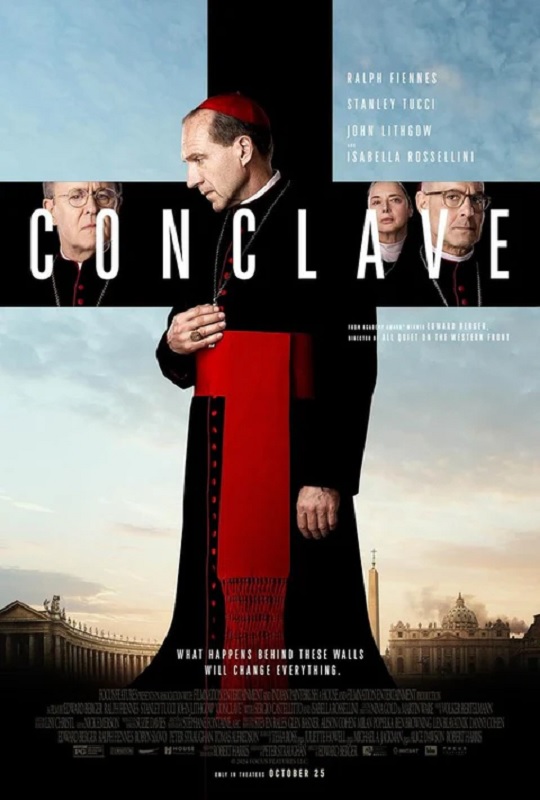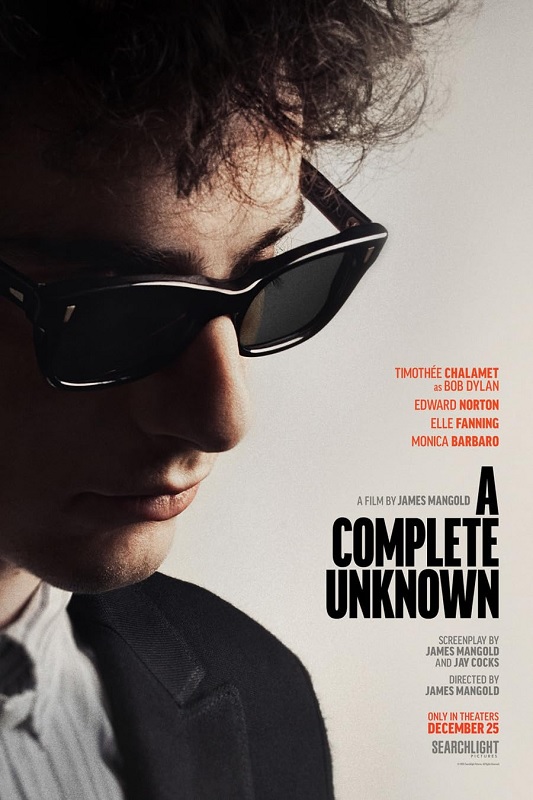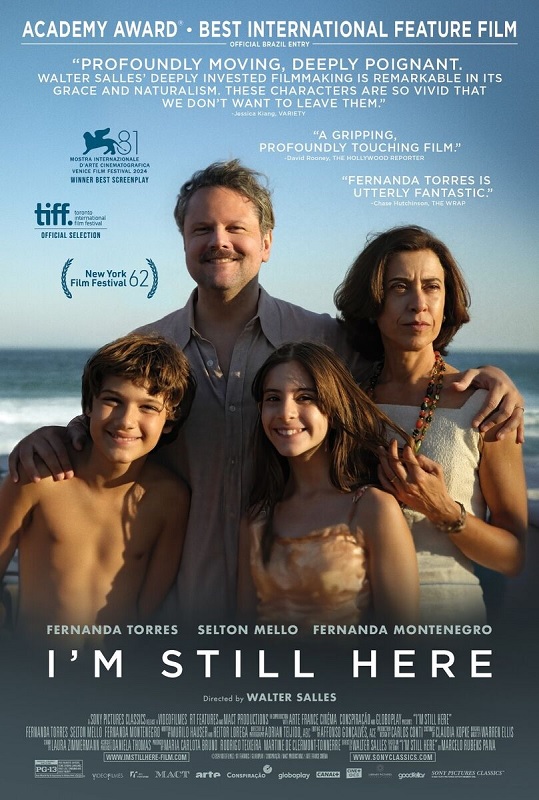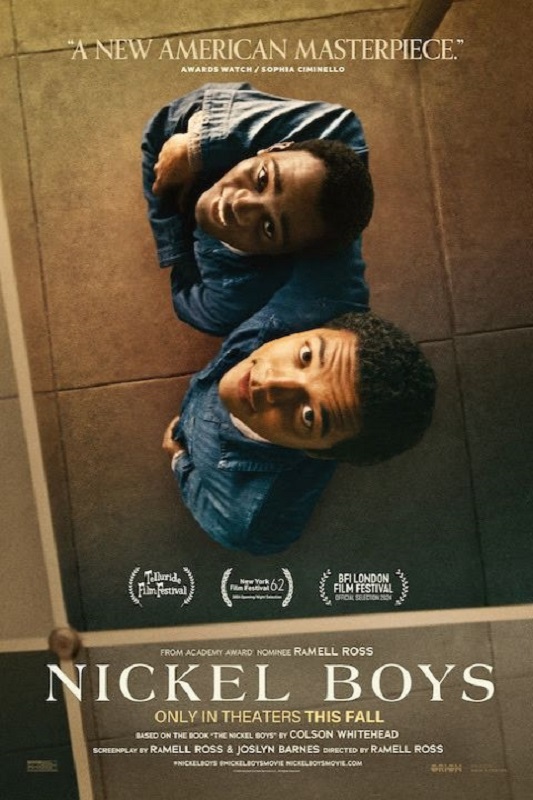
32 – Guardians of the Galaxy Vol 3
The first time I saw the third movie in the Guardians sub-franchise, it didn’t make that much of an impression on me. I’ve always thought it was good, but not as good as the other Guardians movies. But every time I have watched it, I have gained a greater appreciation for the fantastic emotional content of the story. A lot of this installment focuses on Rocket’s backstory, and to be sure, it is a heartbreaking story. The pain, suffering, and terrible loss that the character has endured is actually emotionally devastating, and this movie does a great job of taking us on that journey with him.
The ending also has a sense of closure as the core group we have come to know and love, which was fractured when Gamora died in Avengers Endgame, dissolves. Several members leave the family, as they call themselves. We lose Drax, Nebula, Mantis, and the variant version of Gamora, each of them going their separate ways. We even lose Star Lord, though a post credit scene indicates that he might return at some point. It feels like the ending of an era, though there is also the hope of a new beginning with a new roster. At the end of the movie, Rocket and Swole Groot are still with the Guardians, and they are joined by Kraglin, Cosmo, Adam Warlock, his pet Blurp, and Phyla, some of whom we know next to nothing about. Apparently Phyla is one of the children that was rescued from the main villain, but I have no idea what her abilities are, so it’s kind of hard to care who she is or how she will fit in to the future of the franchise.
Unfortunately, I think the biggest dropped ball in this movie was the character of Adam Warlock. In the comic books, he is one of the most powerful characters in the universe, a being with intelligence and depth. He has super strength, the power of flight, and can survive in the vacuum of space. But this movie portrays him as mentally and emotionally simplistic, like a child. He is used as comic relief, and little more. And the even had a fantastic actor to portray him, Will Poulter. He could have been so awesome, but he was actually pretty forgettable.
But at least they fixed one thing that the last Guardians movie did that always bothers me. In Vol 2, they turned Drax into the comic relief. He was nothing more than a moron who laughs at the dumbest things. I though he was supposed to be a bad-ass who kicks butt with the best of them. Well, here, we see him still being pretty dumb, but not as bad as before, and he proved that he is still a dangerous man. They gave him his teeth back, and I liked it.
Of course we have to get a new bad guy, and I think they did a pretty good job with this one. The High Evolutionary, played by Chukwudi Iwuji, was your basic mad scientist. He had no moral compass, no scruples, no respect for sentient life, and a penchant for cruelly torturing animals in his attempts to genetically create evolved species of life. I found it interesting to learn that it was he who was not only responsible for turning a baby raccoon into our beloved Rocket through years of painful torture and experimentation, but it was also he who created the race of the Sovereigns, who then created Adam Warlock. The High Evolutionary was so evil and despicable that you just can’t wait for him to get his comeuppance.
But really, the thing about this movie that stands out to me the most was the emotional content. The flashback scenes that show Rocket and his gentle Frankenstein monster friends as they form their own little group, were beautifully done. And then, when they are all murdered in front of him was just heart-wrenching. Rocket is in tears, and I cried right along with him. But there was also plenty of great action and the bright and colorful visual effects we have come to expect from a Guardians of the Galaxy movie. It is a good movie that seems to get just a little better each time I watch it.
Top 10 Favorite Parts
- I actually really like the opening sequence that showed the Guardians in down-time. It was interesting to see them in normal life, where the biggest crisis was Peter’s depression over the loss of Gamora. Nebula and Rocket were particularly good as they cared for him.
- The flashback scenes where Rocket meets Lylla, Teefs, and Floor.
- The Guardians team up with the variant Gamora, who has become a Ravager, in order to infiltrate Orgocorp.
- The Guardians arrive on Counter-Earth.
- Baby Rocket mutilates the High Evolutionary and escapes after his friends are killed.
- Star Lord and Groot confront the High Evolutionary and Groot pulls out the guns.
- The destruction of Counter-Earth and the Guardians’ escape.
- The phenomenal one-shot action sequence in the hallway where the Guardians attack the High Evolutionary’s ship to bring down the bad guy. The action-packed, CGI-filled sequence was so cool!!
- The climactic destruction of the High Evolutionary’s ship, and Adam Warlock rescuing Star Lord from space. Cosmo was really cool in this sequence.
- The departure scene where the Guardians split up.
